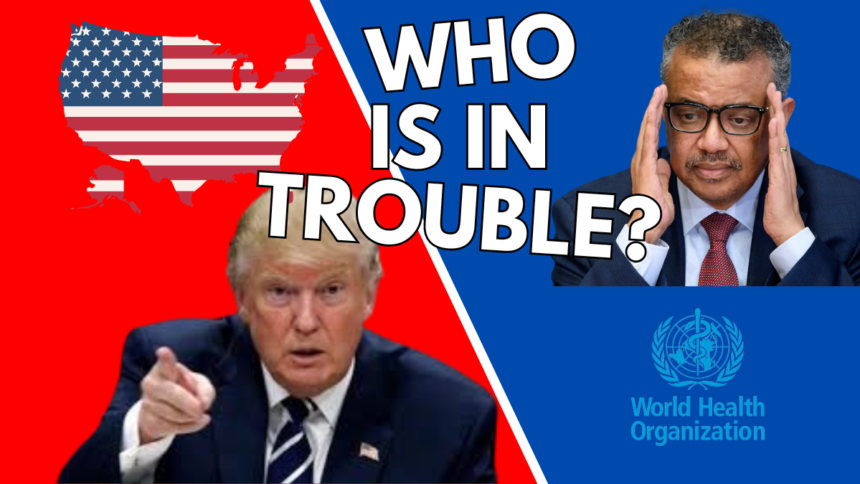Contents
1. Financial Impact
- Reduction in Funding: The U.S. has historically been one of the largest contributors to WHO’s budget, providing around 15-20% of its total funding. A withdrawal could create a substantial funding gap, affecting:
- Global health programs.
- Research and development initiatives.
- Emergency health responses.
- Program Delays: Reduced funding might delay or cancel programs related to vaccinations, maternal and child health, and disease eradication efforts, particularly in low- and middle-income countries.
2. Political and Strategic Impact
- Loss of Leadership Influence: The U.S. plays a significant role in shaping WHO policies. Withdrawal would reduce its influence over global health strategies, potentially leaving room for other nations like China or the European Union to take the lead.
- Fragmentation of Global Health Governance: The absence of the U.S. could weaken the coherence of global health responses, especially in times of pandemics or crises.
3. Operational Impact
- Disruption in Global Health Programs: Many WHO programs rely on U.S. funding and collaboration, such as:
- The Global Polio Eradication Initiative.
- The fight against HIV/AIDS, tuberculosis, and malaria.
- Pandemic preparedness.
- Staff Reductions: Withdrawal could force the WHO to downsize its workforce and scale back its global presence.
4. Impact on Global Health Leadership
- Decreased Trust in Multilateralism: The U.S.’s withdrawal could signal a broader decline in support for multilateral institutions, eroding trust and cooperation among nations.
- Challenges for Disease Control: Reduced funding and collaboration might weaken efforts to combat global pandemics, putting the world at greater risk.
5. Reputational and Diplomatic Consequences for the U.S.
- Isolation: The withdrawal might isolate the U.S. from global health discussions, reducing its soft power and diplomatic influence.
- Criticism from Allies: Many U.S. allies support WHO, and withdrawal could strain diplomatic relationships.
Mitigating Factors
- Alternative Funding Sources: Other nations and private donors, like the Gates Foundation, could step up to fill the funding gap.
- Return of U.S. Membership: Future administrations could reverse the decision and rejoin the WHO, as President Joe Biden did in 2021 after Trump initially announced the withdrawal.
Conclusion
While the immediate impact would be financial, the long-term effects could weaken global health systems, disrupt international cooperation, and harm the WHO’s ability to respond to global crises. However, the degree of impact depends on how other nations and stakeholders respond to such a withdrawal.


